
I always take a number of shots whenever we are at the outskirts of the city – while we were in the train or car – the mountainside is of course, a sight to behold. Looking at the scenery of greens and blues rekindles my love of being somewhere near the mountain, enjoying the simple life just being close to nature. That time when it is much cleaner, and people seem more considerate of their surroundings.
I grew up with one set of grandparents living far from us. They live in a small island reachable by ship that takes about five hours to travel. I remember this same setting along with other views; a small villa by the hill, log cabins surrounded by trees, a nipa hut with a small garden. and black pigs running around. ^_^ I had good memories of simple living and always being out to enjoy the countryside.
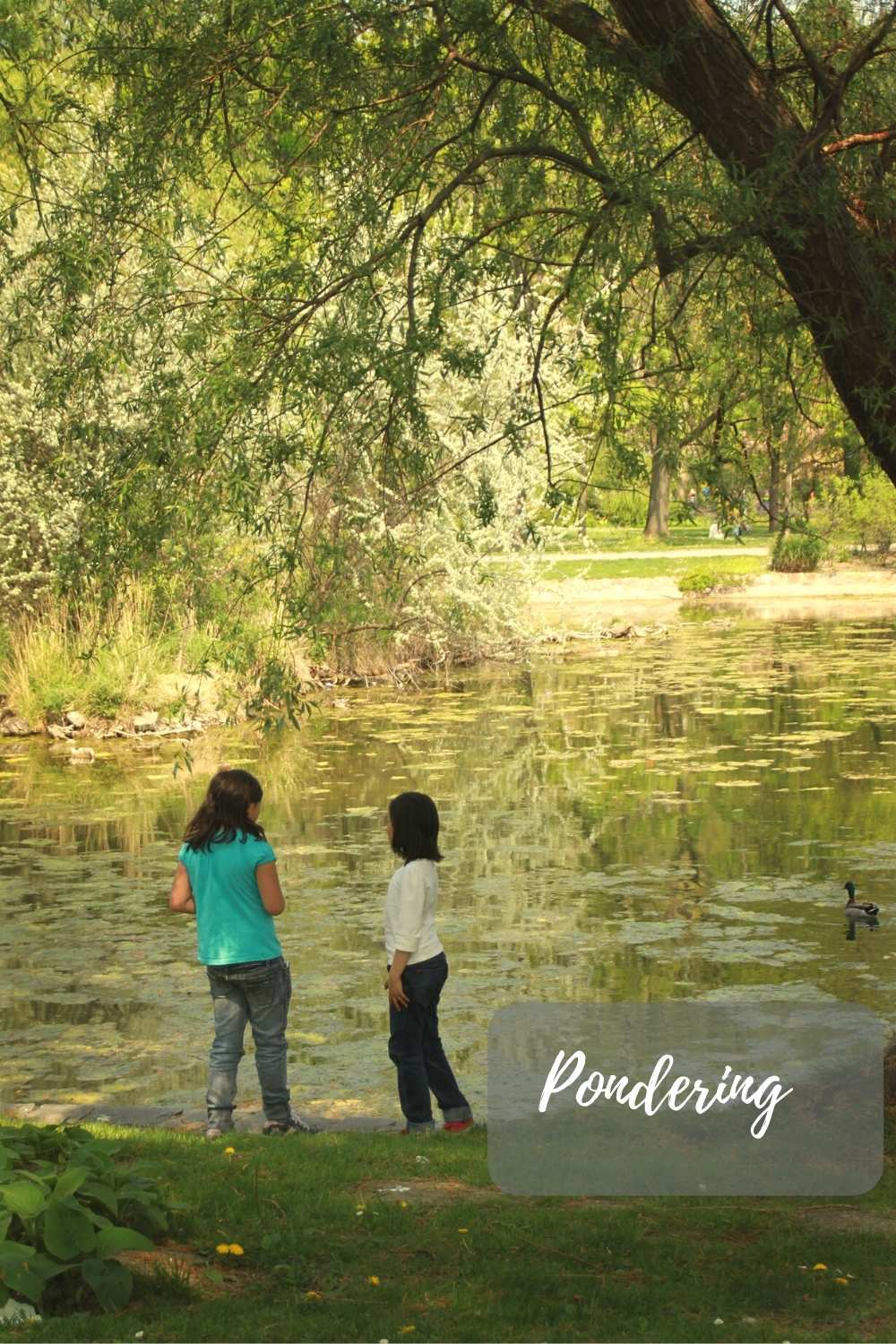
Table of Contents
Reminiscing and Forward-looking
Ha! It would be nice to visit those rural areas again. That’s why whenever summer nears, we contemplate on visiting my older brother in Canada. He has migrated with his wife and also brought our mom along. He suggested that we checkout the Kootenay National Park, a vast area of land in the Canadian Rockies and forms part of a World Heritage Site. There’s also Banff, Jasper National Parks to look out for.
These parks are quite famous for their rock walls, spectacular waterfalls and soaring peaks, and also nature trails that my “extreme” husband would surely be excited about. (He loves extreme sports.)
It has been so long ago that we haven’t gone on a good nature adventure, pandemic and all other things considered. We’ve walked a little around parks, visited some palace grounds, but a longer trip hasn’t been easy to come by.

Slow and Considerate Trips
What’s keeping us from doing longer trips lately? Given the pandemic and restrictions, it really isn’t easy. It’s not convenient, and we sometimes think of the effects tourism has on the environment. For one: face masks. With efforts to slow down the virus, we had to wear masks along with lockdowns. We’re all for prevention, however, a lot of people aren’t so considerate when throwing masks away. I’m sure you’ve seen photos and videos of marine creatures, even aves tangled up in masks that were improperly discarded. We really do not want to add to the burden, so we stay home at the moment.
With a more positive approach, it’s true that we can also travel with a greener, sustainable lifestyle in mind. To minimize tourist trash and still be able to enjoy a trip is doable. A considerate attitude is the key to doing so, in effect becoming a responsible tourist.
Being a responsible tourist means a positive travel experience for the traveller and for the people he comes across with, that’s locals and fellow tourists. Responsible tourism when practiced by individual travellers support sustainable tourism (that’s another topic for next time).
Greener Living
There are of course many ways to live greener, and starting at home is actually easy as one might think. Oceans Plastic Free put up this simple list of things we can do to be greener and help our ecosystem:
1. Shop responsibly
2. Recycle as much as possible
3. Take care of your electricals
4. Improve your home insulation
5. Become an eco-driver
You can learn more about the above topics here, and you can even expand your knowledge with puzzles and quizzes related to the sea. Many people think that not caring about the oceans is fine, without looking on the effects it has on their daily lives. It’s a ripple across many aspects. When part of the ecosystem suffers, it snowballs into a bigger problem for all.
We have tried to contribute to being greener at home. For one, we try not not join the throw-away culture. We find purpose for stuff before dishing them (should be the last option). You would be surprised at how much you can make by reselling second-hand items.
We try to take the kids out to nature if the weather permits. To be a more eco-tourist, we think taking public transportation is better to lower carbon footprint. And if the place is reachable by bike, that’s a much better option.

Forest Bathing
Known in Japan as shinrin yoku, forest bathing is a Japanese practice, a process of relaxation. Etymology: shinrin means “forest,” and yoku means “bath.” Simply put, it’s observing nature, being around trees, being calm and relaxed being around greenery. Where we are, there are a lot of hiking areas, although hiking here could also mean walking for long with minimal uphills, at times include nordic walking.
Walking and hiking with a conscious effort to not litter is a big thing. Here are things we do whenever we go walking:
Be invisible (leave no trace behind)
While you literally leave your footprint behind when walking and hiking, we meant something that wouldn’t spell trouble for other creatures or creation. Here are some ways:
Use beeswax paper for your food wrappers instead of cling wraps or other disposable wrappers. Reuse them too.
Bring refillable water bottles instead of store-bought bottled water.
Leave no trash. Bring a trash bag for when it’s not possible not to have trash, bring them home instead of leaving them somewhere if there are no bins. Picking up trash along the way is also a big help to nature.
Respect The Surroundings
Know what’s allowed in the area. Read on rules about the area, if there’s a fee, what’s allowed and not, or what could be closures for the day, staying safe means preparing well.
Refrain from picking flowers. Yes, they’re pretty but as someone once said “If you love a flower, don’t pick it up. Because if you pick it up it dies and it ceases to be what you love. So if you love a flower, let it be.” Let them continue being pretty in their surroundings. Responsible tourism means a lot of observing.
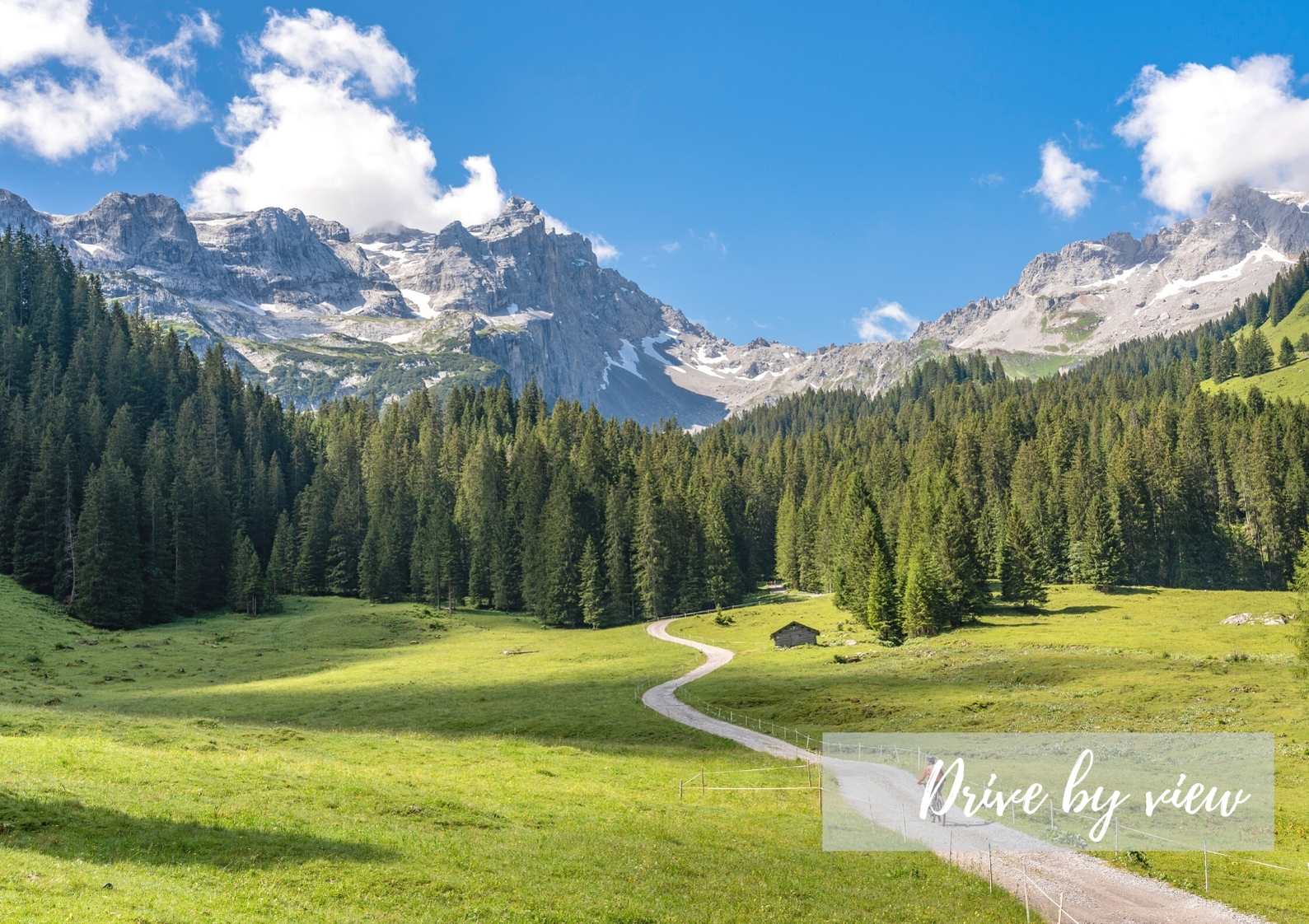
By the Water
Should we be able to visit our family in Canada, albeit not in the distant future, we’d be happy to go dip in its waters. We love the water, no matter if just swimming, boating or sailing. And if we can, we would particularly like to try the Hot Springs, especially famous as springs of therapeutic minerals that could relax and revive one’s soul. New lodge and authentic log cabins nestled in the trees are a well-known feature that adds to the charm of the Canadian Rockies.
We would surely want to spend days there; to soak myself in a tub of mineral salts, hike, climb, raft, canoe, bike, golf, fish and horseback ride with the kids. Definitely a getaway that would bring fond memories…
Marine tourism can also be eco-friendly. Eco-friendly boating leans more on using electricity-powered boats and ships instead of motor ones. This is obviously to avoid the use of fuel. Whale and dolphin watching is said to be eco-friendly because it raises awareness to those who come close to them, however, this have negative effects too on the whale’s behaviour. If you opt for such activities, make sure that you pick a company that truly puts the whales’ benefits into consideration. Other activities where you can practice being a responsible marine tourist are snorkeling, scuba diving, and fishing.
Responsible marine tourism pretty much the same practices when forest bathing, except its done in and underwater.
Behave Properly when in the water.
Just observe. Do not chase marine creatures, do not touch corals, all the more crush them or be noisy around them.
Don’t feed the creatures. God has a way of feeding them, and they don’t go hungry. If fed with bread or other human food, it disrupts their eating behavior and affects the ecosystem too.
Practice Mindfulness.
Use reusables like bringing your own collapsible glass, or reusable water bottle, to not add to the litter.
Don’t litter the water, take them instead and throw them properly if you see any.
Some sunscreen contain harmful chemicals, choose one that will most unlikely pollute water.

Musings of a Country Girl on Responsible Tourism and Living Greener
I have at times written about homesteading and living on the countryside. And even as such, becoming a responsible citizen of the environment should be considered.
Alternative Energy
For one, the use of solar power seems very doable even it it takes months to install and requires longer hours for maintenance in the long run.
Recycling
Recycling paper, glass, plastics seem easier to do when you have a bigger space to store them in. Regardless, living in an apartment that is smaller works too. Sorting out stuff and putting them properly in designated areas for recycling is a good way to start.
Composting
When you homestead you grow organic food, and biodegrable wastes are easier to make into compost. Sure there are smaller machines meant for smaller homes but when you have your own land, composting can be done on a bigger scale.
Upcycling
While like recycling, upcycling makes better use of waste, it gives the end product a much better value than in its original state. For example, bags from old jeans, toilet paper rolls as cable organizers, old bulbs into lanterns or candle holders, or an old ladder into a bookshelf. Your creativity gets challenged when you upcycle, it’s a good thing.
What other ways and tips can you add on this list of advocating green living and responsible tourism? We’re sure we’ve missed a lot and you probably have your own practices, let us know in the comments.
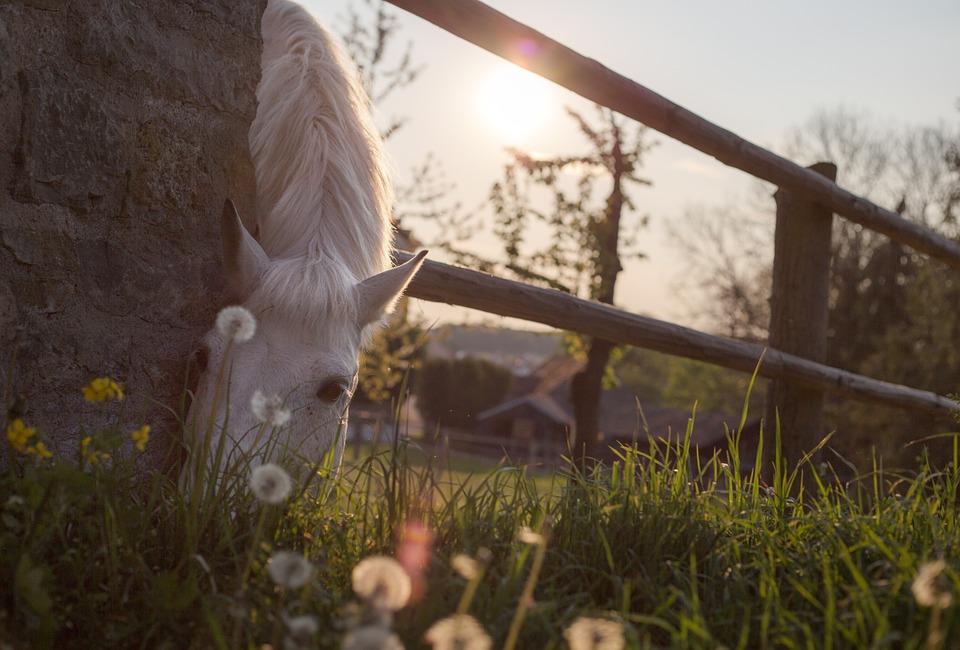
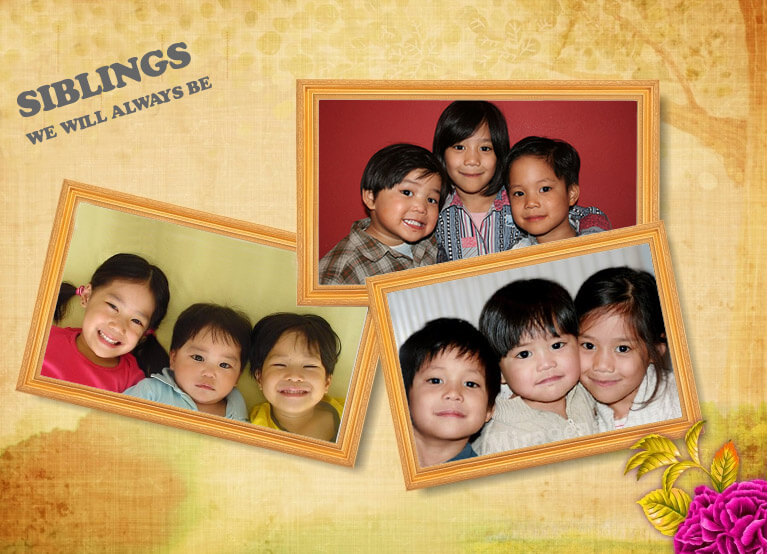
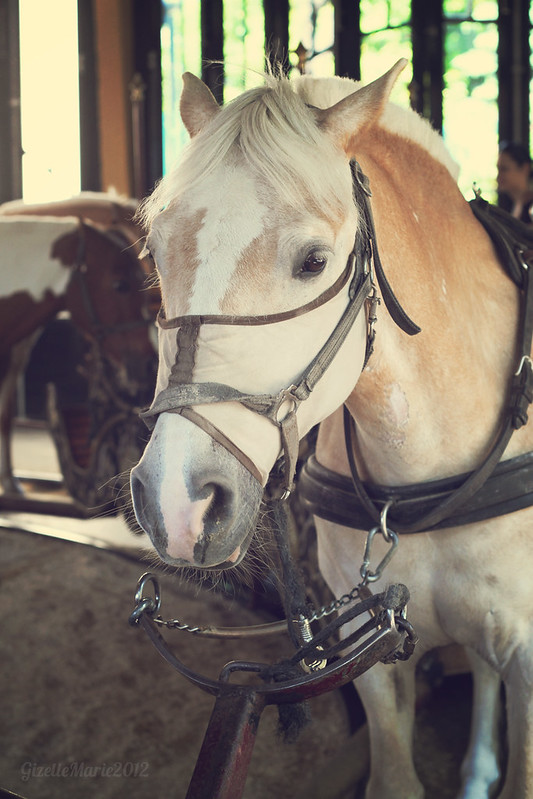
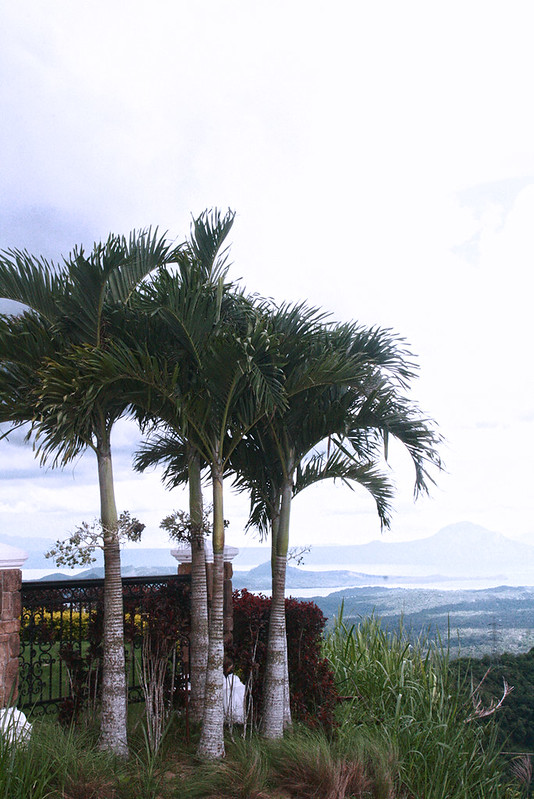

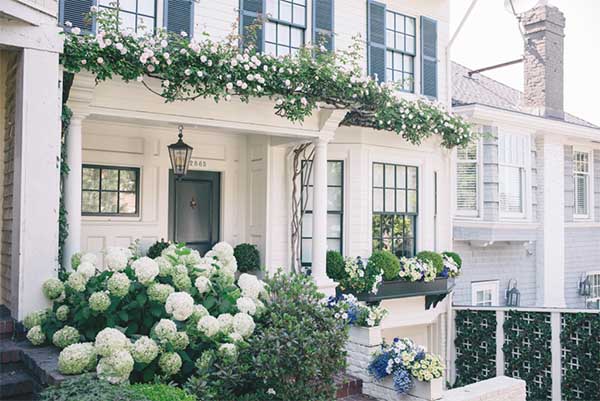
I remember Marinduque!